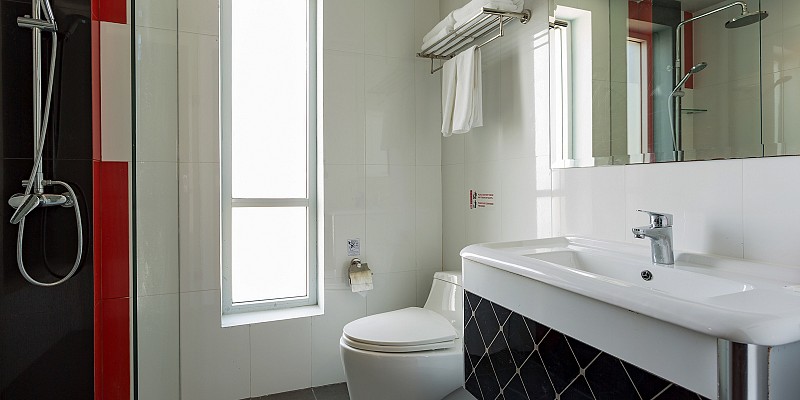It never fails to happen. The typical scenario: Mom gets home from work and dashes into the kitchen to figure out what to prepare for supper. She's busy dicing onions or heating up the oil in the frying pan when she calls out to her tenth-grade daughter who is in the other room, either on the phone or on the computer.
"Whatcha doin?" Mom asks from the kitchen.
"Oh, nuthin much," replies the daughter.
"How was school today?"
"Fine."
"Do you have homework?"
"Nope." Or sometimes the answer is, "I did 'em already."
"You sure?" Mom asks.
"Yup," affirms the teen.
And that's it. The evening passes and before we know it, lights are out.
What the mother did not realize here was that a unit test in science was tomorrow, a math quiz was coming up on Friday, along with a paper due from the English class. The daughter will end up not doing well on the science test, failing the math quiz, and not turning in the English paper. When the report card comes out, these misses become evident as the daughter's GPA plunges. What's a parent to do?
First, accept the fact that most teenagers need to connect with their friends after school. They have that driving urge to talk to their buddies about whatever is on their minds. That's fine; parents should let them. However, there must be a time limit. It can be one to two hours on the phone and computer, or just make it a rule to not be doing any of that after 7:30 p.m.
This also holds true with television watching. When a teen gets home from school, they're hungry and need to unwind from all of the demands teachers put on them during the day. Fine. Let them relax. But, again, put a limit to it or it will develop into a bad habit. Of course, if they want to watch television later in the evening, have them do their studying and homework in the afternoon first.
Secondly, parents should not expect their teen to keep them abreast of what's coming up at school. Don't get me wrong; many teens do share this information. However, most do not. They either forget or just don't want to talk about it. For this reason, parents should get that info from the teacher directly. Many teachers have websites which provide homework and testing information. Another valuable tool is emailing the teacher to ask about the week's activities. If necessary, have your child take a note to the teachers asking these questions and read what they respond.
Once you find out when quizzes, tests, or term papers are due, put it on your calendar and talk specifically to your teen about these. There is a profound advantage with maintaining close communications with your child's teachers. When your teen recognizes this, he/she will less likely try to pull the wool over your eyes-as we all know, many teens have a propensity towards doing this very thing with adults.
Finally, look at your teen's schedule. How many hours are truly spent wasting away on television or the computer or the phone? Does your child have a part-time job? What about after-school commitments such as band or sports? If you sat down and tallied just how many hours are spent on leisure, chores, and studying, you'd be stunned. But more importantly, you'd understand why the GPA is dropping.
To help drive that GPA upwards, it takes a commitment from both the student and parent. Prioritizing and using a calendar or planner becomes crucial. Abiding by this schedule is essential. This must be written down so that your teen has a visual guide to follow; but, more importantly, so that you don't turn into the "Big Nag". You do know that being a "Big Nag" ruins this whole system, right?
Don't forget to have your teen read at least one hour a day. Reading regularly builds comprehension skills. Of course, it would be ideal if they would read the chapters from their school textbooks, but certainly get them to read anything-a magazine, newspaper, or a teen book.
More than anything, remember to be patient with your teenager. Yes, it's the nature for many of them to be lazy or bored. Try using the computer, television, iPods, CD players, and telephone usage as acquired privileges (something that they really are) - designed to be taken away if the priorities or schedule is not upheld. Remind them that the weekends or holidays are when they can take a break from their schedules.
As experts continue to report, a student's GPA ties with study habits. Parents, help your teen develop a good one.
Hotels for sale Thailand
Running hostel for sale
Thai resort for sale
Hotel for sale Chiang mai
Hotels for sale in Phuket
Outdoor resort for sale
Golf course for sale Thailand
Guest house for sale Thailand
Resort property for sale
Hotels for sale Phuket
Beachfront resorts for sale
Sale golf course
Phuket resort for sale
Guest house for sale Chiang mai
Hotels for sale Phuket
Resort for sale Phuket
Hotel for sale Bangkok
Hotels for sale Pattaya
Hotel for sale Krabi
สถานที่จัดงานแต่งงาน
สถานที่จัดงานแต่งงาน
ห้องจัดเลี้ยง
พิธีแต่งงานเช้า
สถานที่จัดงานแต่งงานบ้านก้ามปู
สถานที่จัดงานแต่งงานโรงแรม ห้องจัดเลี้ยง วิภาวดีรังสิต หลักสี่ บางเขน ดอนเมือง แจi












